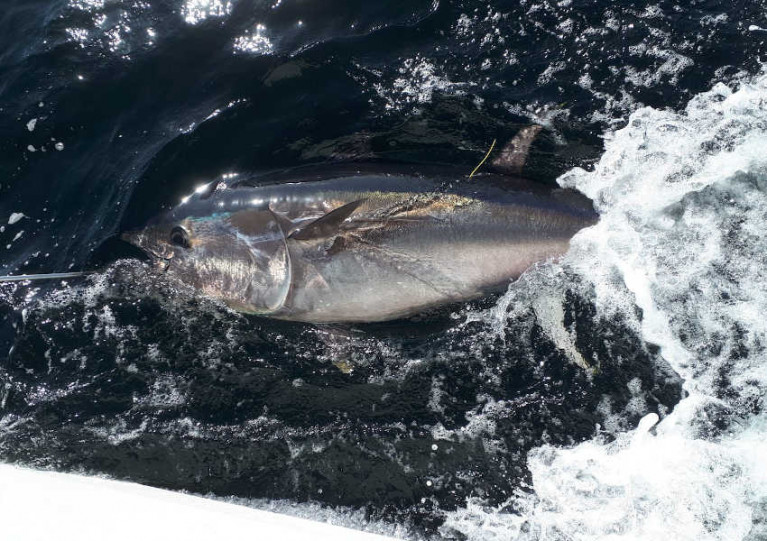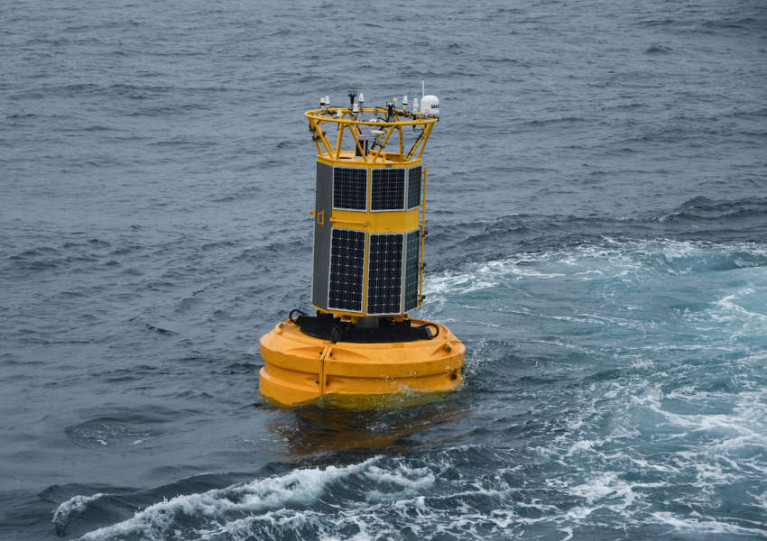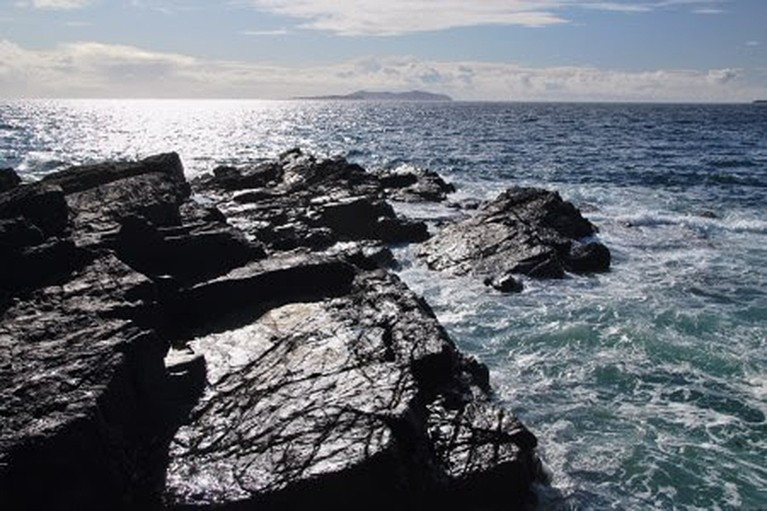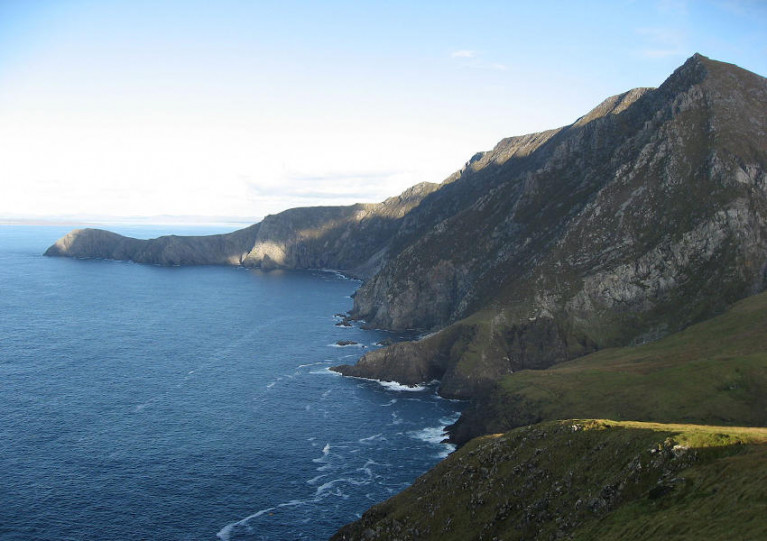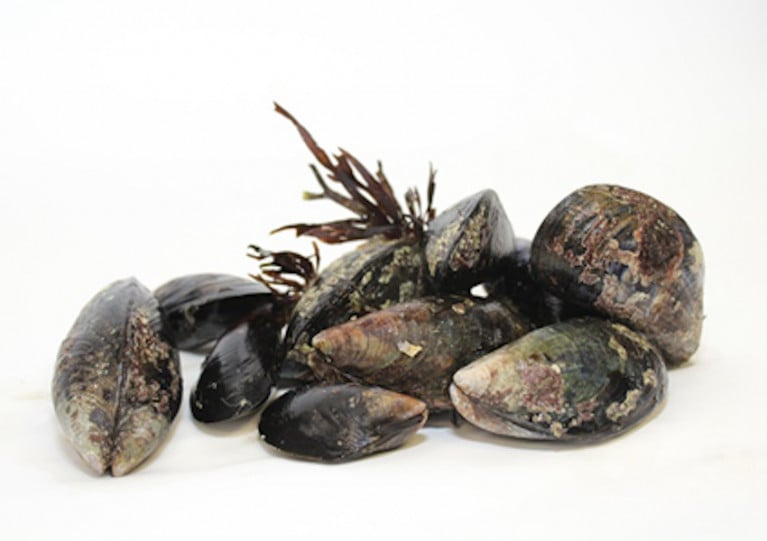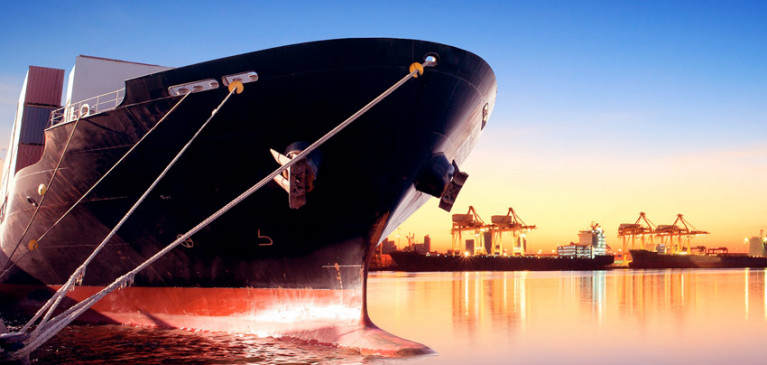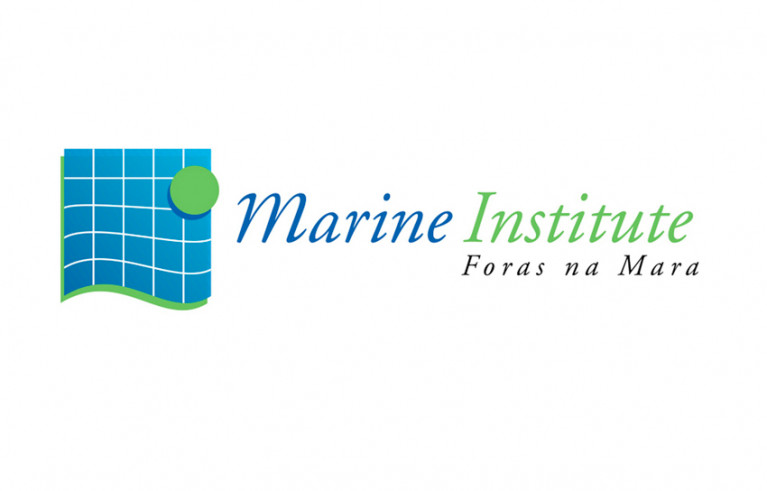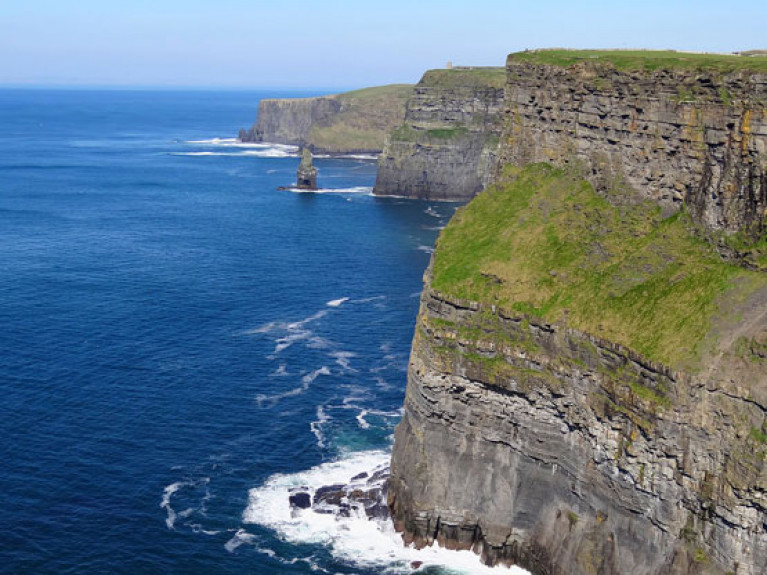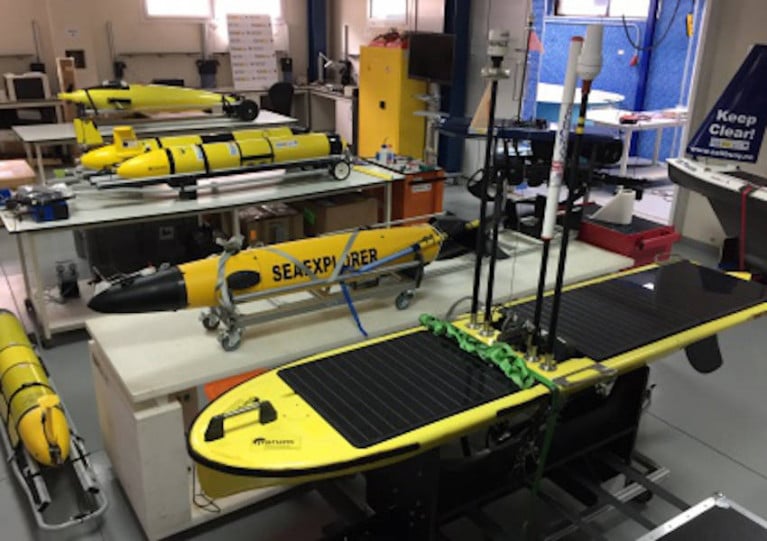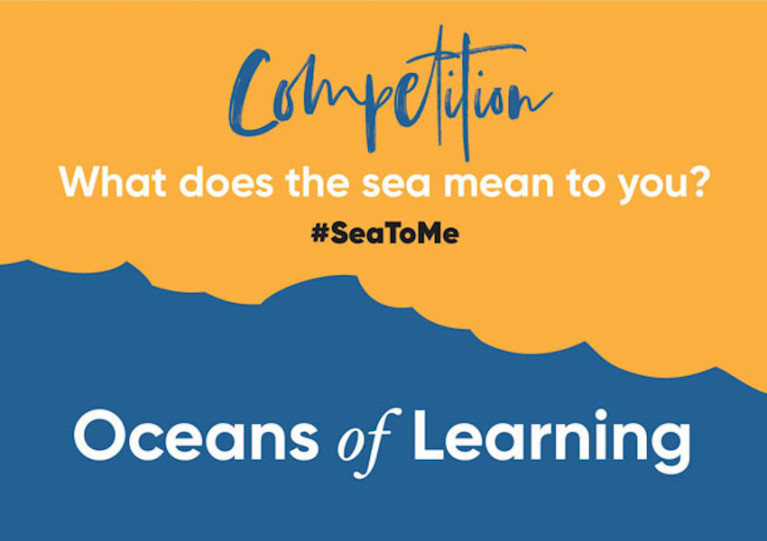Displaying items by tag: Marine Institute
Twenty-two charter angling vessels have been granted authorisation to participate in a bluefin tuna data collection programme after a successful pilot last year.
The Tuna CHART (CatcH And Release Tagging) programme will see skippers catch, tag, measure and release Atlantic bluefin tuna for data collection purposes off the Irish coast.
The authorised vessels, which are located in Cork, Clare, Galway, Sligo and Donegal, will support an international scientific programme to increase knowledge of the behaviour and abundance of bluefin tuna in Irish waters and across its distribution generally.
Atlantic bluefin tuna, the largest tuna in the world, frequent Irish coastal waters to feed during the species’ annual migration through North Atlantic waters.
The bluefin tuna is prized by sea anglers for its power and fighting ability and is a very valuable commercial species, though there is currently no sport or commercial fishery for bluefin tuna in Ireland.
The new programme, which has been developed by Inland Fisheries Ireland and the Marine Institute in partnership with the Sea Fisheries Protection Authority and the former Departments of Agriculture, Food and the Marine, and Communications, Climate Action and Environment, will operate again in 2020 having commenced on a pilot basis in 2019.
Eamon Ryan TD, minister with responsibility for inland fisheries, said: “The 22 angling vessels authorised by my department, increased from 15 last year, will contribute substantially to essential bluefin tuna data collection as they migrate along the Irish coastline.
“The recreational fisheries sector is crucial in the delivery of this research programme and we look forward to continue working with all the State agencies involved.
“I want to acknowledge the key role of the authorised charter skippers and their crews who are bringing their unique expertise to bear on providing valuable data for scientific purposes, and the ‘citizen scientist’ anglers who will catch the fish. The fact that 209 fish were tagged last year with no mortalities is a great achievement by the skippers.”
The Sea Fisheries Protection Authority and Inland Fisheries Ireland will undertake inspections and patrols around the coast to ensure this remains a strictly controlled programme.
A full list of authorised skippers can be found at www.fisheriesireland.ie/bluefin
How we monitor, analyse and understand the changes in our ocean climate is vital in providing the basis for effective policies to address a range of issues and challenges — such as changing ecosystems, food security, rising sea levels and extreme weather events.
This ocean climate work is the focus of this week’s Oceans of Learning series, with resources from the Marine Institute and Met Éireann, the Irish meteorological service.
“Our ocean is fundamental to life on earth and affects so many facets of our everyday activities,” says Marine Institute chief executive Dr Paul Connolly. “One of the greatest challenges we face as a society is that of our changing climate.
“The strong international collaborations that the Marine Institute has built up over decades facilitates a shared focusing on our changing ocean climate and developing new and enhanced ways of monitoring it and tracking changes over time.
"Our knowledge and services help us to observe these patterns of change and identify the steps to safeguard our marine ecosystems for future generations."
The Marine Institute's annual ocean climate research survey, which has been running since 2004, facilitates long-term monitoring of the deep water environment to the West of Ireland.
This repeat survey, which takes place on board the RV Celtic Explorer, enables scientists to establish baseline oceanic conditions in Irish waters that can be used as a benchmark for future changes.
Scientists collect data on temperature, salinity, water currents, oxygen and carbon dioxide in the Atlantic Ocean. This high quality oceanographic data contributes to the Atlantic Ocean Observing System.
Physical oceanographic data from the survey is submitted to the International Council for the Exploration of the Seas (ICES) and, in addition, the survey contributes to national research such as the VOCAB ocean acidification and biogeochemistry project, the ‘Clean Atlantic’ project on marine litter and the A4 marine climate change project.
During the 2019 survey, the RV Celtic Explorer deployed a replacement M6 weather buoy as part of the Irish Marine Data Buoy Observation Network (IMDBON).
The buoys have instruments which collect weather and ocean data including wind speed and direction, pressure, air and sea surface temperature and wave statistics.
This data provides vital information for weather forecasts, shipping bulletins, gale and swell warnings as well as data for general public information and research.
“It is only in the last 20 years that meteorologists and climatologists have really began to understood the pivotal role the ocean plays in determining our climate and weather,” said Evelyn Cusack, head of forecasting at Met Éireann.
“The real-time information provided by the Irish data buoy network is particularly important for our mariners and rescue services.”
Oceans of Learning offers downloadable resources such as videos, fact sheets and interactive activities on Ireland’s climate monitoring projects. To access the resources for this week’s series, visit A Changing Ocean Climate.
For more information on Oceans of Learning, visit www.marine.ie and follow the Marine Institute on Facebook, Instagram and Twitter.
Online Survey To Help Classify Ireland’s Seascapes
A new online survey aims to deepen our understanding of Ireland’s ‘seascapes’.
Commissioned by the Marine Institute, the survey seeks responses from the public that will help identify classify and describe Ireland’s the essential character of Ireland’s coastal areas and communities.
The end results, including a final report and maps, will support the implementation of the National Marine Planning Framework.
“Seascapes are an important part of our sense of identity and culture,” the Marine Institute says. “Our experience of the character of seascapes includes coastal and marine history, folklore, art, nature and recreational and commercial activities that take place on and close to the sea.
“Seascapes can also include views from land to sea, from sea to land and along the coastline. When we describe seascape character, we are essentially talking about a sense of place — what makes one part of our sea and coast distinctive and different from another?
“Often this relates to natural influences such as the rock type, depth of sea and coastline, the force of the sea and how humans have settled and interacted in and along our seascapes – from the earliest inhabitants on this island right up to today.”
Minogue and Associates have been commissioned to carry out the study and get a better understanding of how Irish people value the coast and seas.
The short online survey aims to capture thoughts and comments about the seascapes that you are familiar with, and asks you to indicate on a map where these are. The survey is completely anonymous and the information will be used only to identify draft Seascape Character Areas.
Additionally, the research team hopes to facilitate small, online group-based discussions on the draft areas over the month of July, using online resources. Register your interest (name/interest/organisation) by emailing [email protected]
The Marine Institute has announced a call for proposals for a Senior Post-Doctoral Fellowship in Ocean Ecosystems and Climate for a duration of five years.
This fellowship is designed to provide the link between current climate change research, on international and national scales, with the need to provide operational advice and support to stakeholders.
Proposals are invited from suitable research supervisors at higher education institutions in the Republic of Ireland. Further details including the application procedure are available in the guidelines for applicants.
All applications must be submitted through the Marine Institute’s online grant management system (RIMS). Further details for the fellowship are available in the proposal outline document.
The closing date for this call is 4pm Irish time on Wednesday 1 August. Further enquiries should be addressed to the Research Funding Office at [email protected]
Shellfish Pickers Warned Over Toxicity Levels
The public has been warned against against recreational gathering of shellfish such as mussels, clams, cockles or oysters over increased levels of illness-causing toxins.
Routine shellfish monitoring by the Marine Institute along South West and West coasts detected increased levels of these naturally occurring compounds in recent weeks.
Such levels are common at this time of the year and are due to microscopic phytoplankton species blooming in coastal waters during the warmer and longer days of summer, the institute says.
Toxins they produce can accumulate in filter feeding shellfish and can make people ill, even if the shellfish is cooked, it adds.
The specific toxins of concern may cause diarrheic shellfish poisoning (DSP), a temporary gastroenteritis-like illness, or the less common paralytic shellfish poisoning (PSP), which can result in serious illness.
Commercial shellfish businesses in affected areas have been closed temporary in the interest of public safety — though safe alternatives are available from other parts of the country through approved suppliers.
Dave Clarke is manager of the Marine Institute’s shellfish safety programme.
“In Ireland we operate a world class-shellfish safety programme to ensure food safety prior to harvesting,” he says.
“This sophisticated monitoring programme is designed to protect the consumer and ensure the highest quality of Irish shellfish on international and home markets.
“This summer, so far, has seen high levels of toxic phytoplankton and toxins in shellfish requiring temporary closures until the problem abates. It is stressed, however, that these only affect shellfish. Swimming and other coastal recreations are not affected.
“We would strongly advise the public to avoid picking their own shellfish along the shoreline, and to only source shellfish from an approved retail establishment.”
As an island nation, Ireland is dependent on ports and shipping services to transport goods, and 90% of our trade is moved though Irish ports.
Shipping and maritime transport services make a significant contribution to Ireland’s ocean economy, with the sector generating €2.3 billion in turnover and employing over 5,000 people in 2018.
The importance of Ireland’s ports and shipping services is the focus of this week’s Oceans of Learning series, with resources from the Marine Institute and Irish Maritime Development Office (IMDO).
Ireland’s maritime industry continues to grow and progress each year with Irish ports and shipping companies making significant investments.
The ports sector in Ireland is currently undergoing a number of expansions and developments — with Dublin Port’s Alexandra Basin development, the development of Ringaskiddy in Cork by Port of Cork and the development of Shannon Foynes Port.
Along with these major investments, shipping companies are also investing heavily in new tonnage, with Irish Ferries, CLdN and Stena leading new build programmes.
IMDO director Liam Lacey said: “The Irish maritime industry can look to the future with confidence. It has shown itself to be resilient and agile in responding to challenges.
“Over the past decade, it has had to respond to the challenges of the financial crisis of 2008, the uncertainty surrounding Brexit and recent challenges. Ireland’s maritime sector has continued to underpin our economy by maintaining vital shipping links for both trade and tourism.”
Oceans of Learning offers downloadable resource such as fact sheets, a quiz and posters on Ireland's shipping sector. To access the resources for this week’s series, visit Port of the Future.
For more information on Oceans of Learning, visit www.marine.ie and follow the Marine Institute on Facebook, Instagram and Twitter.
The Marine Institute is recruiting for a number of temporary roles relating to marine spatial planning and the Marine Strategy Framework Directive (MSFD).
These eight positions include three team leader roles, in environmental data reporting and co-ordination, data services co-ordination, and biogeochemistry; and three scientific and technical officer roles, as data analyst, spatial data analyst and services developer, and in marine biodiversity and foodwebs, respectively.
In addition, there is a competition for a section manager to support marine spatial planning policy and MSP/MSFD co-ordination, and an executive officer (administrative assistant) role to support the MSP and MSFD teams.
All roles form part of the Service Level Agreement with the Department of Housing, Planning & Local Government delivering outputs relating to marine spatial planning, the MSFD and related activities.
The posts are all located in Galway and in place until 31 December 2023. Applications should be submitted no later than 12 noon on Tuesday 30 June. All details on these roles and how to apply are on the Marine Institute website HERE.
In Ireland, 1.9 million people live within 5km of the coast and many communities along the Irish coast depend on industries such as tourism, fishing and aquaculture.
Furthermore, there is now mounting evidence that the ocean plays a key role in the general wellbeing of our coastal communities.
This week’s Oceans of Learning series explores the importance of Ireland’s coastal communities, with resources from the Marine Institute, Commissioners of Irish Lights, Údarás na Gaeltachta, Galway City Museum and the Explorers Education Programme.
Dr Paul Connolly, chief executive of the Marine Institute, said: “As an island nation, our 7,711 kilometres of coastline is one of our greatest assets.
“Our fishing and aquaculture industries, tourism and marine leisure make a significant contribution to the economic development of Ireland’s coastal regions, and provide employment opportunities for many in our coastal communities.”
One of the key industries contributing to Ireland’s ocean and coastal economies is tourism and leisure. The sector generated a turnover of €1.25 billion in 2018, and provided employment for over 18,000 people — accounting for 57% of all employment in the Irish economy.
Ireland’s scenic coastline, rocky escarpments and beaches attract a large number of overseas visitors every year. In 2018, 76% of overseas tourists visited a coastal area and 61% participated in a marine-related leisure activity. Coastal sightseeing, beach and island visits and walking, running and cycling along the coast are popular activities for overseas visitors.
The Irish coastline is dotted with inlets, piers and harbours used by fishermen every day. Fisheries in Ireland significantly contribute to the economy as a whole and in particular to coastal communities. In 2019, Ireland had over 2,000 registered commercial fishing vessels and the industry provided employment for 3,000 people.
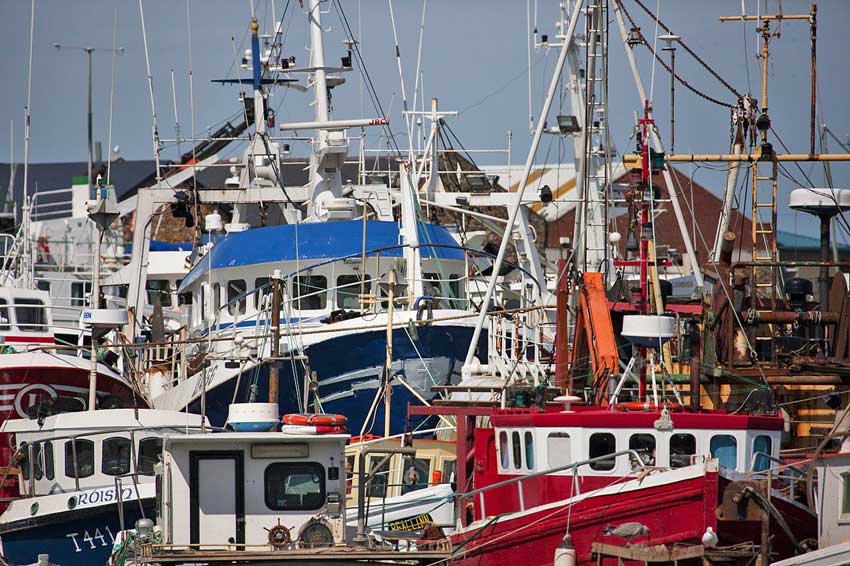 Fishing boats in Howth | Photo: William Murphy/Wikimedia
Fishing boats in Howth | Photo: William Murphy/Wikimedia
Inshore fishing take places in many rural communities with fishermen using small vessels to catch species such as lobsters, crabs, oysters, scallop, razor fish and clams. Inshore fish stocks (up to 10 miles from the Irish coast) are managed nationally and the Marine Institute works closely with Bord Iascaigh Mhara (BIM) on inshore fisheries management.
The seafood industry is also an integral part of Ireland’s rural coastal communities. In 2019, more than 16,000 people were employed directly and indirectly in the seafood industry, with high levels of employment in Ireland’s coastal regions in Donegal, Cork, Galway and Clare. Oysters, salmon and mussels are sustainably farmed around the coast of Ireland.
The aquaculture industry in Ireland produces about 37,000 tonnes annually, and the turnover generated by marine aquaculture in 2018 was estimated at €176 million. Shellfish aquaculture activities are widely distributed across the coast of Ireland, while finfish aquaculture occurs mainly in the west of Ireland.
Seaweed harvesting is a traditional activity in Ireland that also generates income and offers employment in coastal areas. Seaweed harvesting takes place around the coast of Ireland, particularly in counties Galway, Donegal, Sligo, Kerry and Cork.
Climate change impacts pose significant challenges to coastal communities. Such impacts include rising sea levels, coastal erosion, flooding, and an increase in extreme weather events.
Adapting to a changing climate is one of the greatest challenges facing society, governments and decision-makers worldwide. The Marine Institute works with national and international partners to observe and understand how our ocean is changing and to determine how to respond to current and future patterns of change that impact Ireland’s economy and people.
Through the BlueFish Project, a unique project linking art and science, the Marine Institute has also worked with coastal communities in Ireland and Wales on the importance of the ocean to their livelihoods and the impacts of a changing climate.
“As a small island nation, the health of our oceans and the wellbeing of our coastal communities have always been and will continue to be inextricably linked,” said Dr Connolly
The Marine Institute, in collaboration with PLOCAN (Oceanic Platform of the Canary Islands) in Spain, is pleased to announce a call for proposals from academic institutions for a structured four-year PhD scholarship in advanced ocean technology development and/or ocean observing stems.
The Eoin Sweeney Scholarship Programme aims to provide research training opportunities for scientists in oceanography, marine engineering and related marine science disciplines.
It will also establish collaboration between Ireland and Spain though research undertaken using the test-bed and demonstration facilities in both countries.
The award is named in honour of Eoin Sweeney (1947-2017) who was a key figure in establishing Ireland’s nascent ocean energy sector, including the development of crucial test-bed sites off the Irish coast opening opportunities for researchers and technology developers.
Proposals are invited from suitable research supervisors at higher education institutions in the Republic of Ireland with the necessary competence to host and supervise the PhD scholar.
The scholarship also provides an invaluable opportunity for the scholar to spend two or three months per annum utilising the state-of-the art facilities in PLOCAN, Spain. Maximum funding of €120,000 over four years is available.
Summary details of the scholarship can be found in the proposal outline, and the application procedure and all terms and conditions can be found HERE.
All applications must be submitted through the Marine Institute's online grant management system (RIMS) by 4pm on Tuesday 21 July.
The Eoin Sweeney Scholarship is funded by the Marine Institute under the Marine Research Programme with the support of the Irish Government.
On World Oceans Day today, Monday 8 June, the Marine Institute is celebrating our connection to the sea and its importance to our lives with the launch of a social media competition offering ocean-inspired weekly prizes.
Marine Institute chief executive Dr Paul Connolly said: “With 1.9 million people in Ireland living close to the coast, the sea has an impact on all of our lives every day. Many people also rely on the sea for their livelihood, from fishing, tourism and transport to our seafood industry.
“To celebrate our connection to the sea, we are asking you to share what the sea means to you. Together, we can celebrate our seas and oceans and Ireland’s valuable marine resource.”
To enter the ‘Sea to Me’ competition, simply share ‘what the sea means to you’ on social media using the hashtag #SeaToMe.
Draw a picture, take a photo, upload a video, share a photo from a past holiday by the sea or favourite place along Ireland’s coast, or be inspired to write a poem or quote.
It may be a walk along the shore, a swim in the ocean or enjoying fish and chips by the sea. Every week, the Marine Institute and partners will be offering some great prizes inspired by our seas.
The ‘Sea to Me’ competition is part of the Marine Institute’s Oceans of Learning series, a collaboration with Ireland’s marine sector to celebrate our seas and our shared marine resource.
Over 10 weeks, the institute is sharing news and offering online interactives, videos and downloadable resources on a new marine topic each week – from the food provided by our seas, and our rich marine biodiversity, to our changing ocean climate, coastal communities and our ports and shipping.
The Marine Institute is working with Government departments and partners such as Bord Iascaigh Mhara, Bord Bia, National Maritime College Ireland, Commissioners of Irish Lights, Met Éireann, Marine and Renewable Energy Ireland (MaREI) and coastal communities and organisations across Ireland to enable everyone to engage with our ocean from anywhere.
Follow #SeaToMe and #OceansofLearning on the Marine Institute social channels on Facebook, Instagram and Twitter — the latter of which is hosting a marathon #WorldOceansDay chat today where Marine Institute experts will be sharing their expertise and raising awareness of our oceans heath, wealth and opportunities.
For more information on Oceans of Learning and the ‘Sea to Me’ competition, click HERE.


























